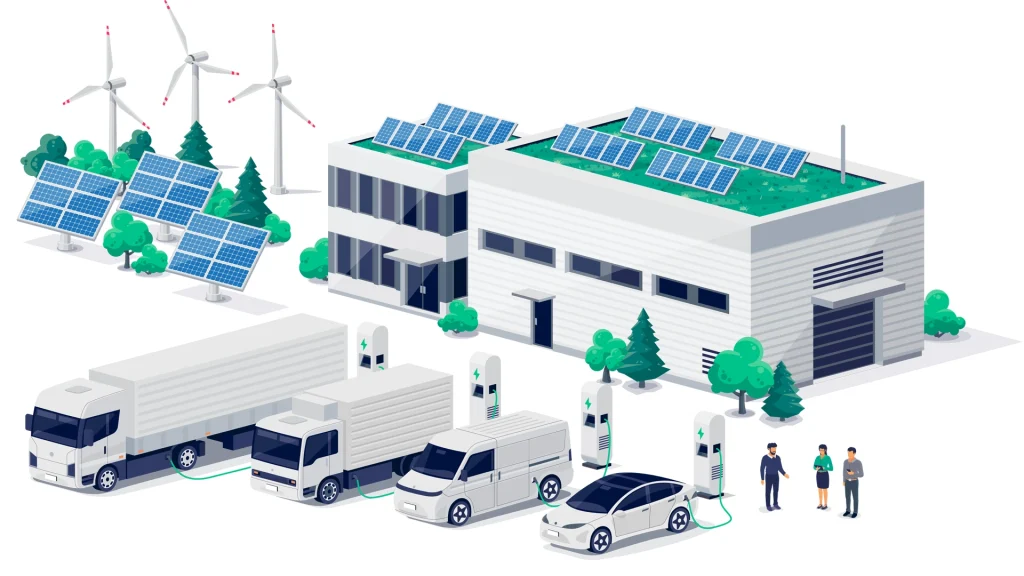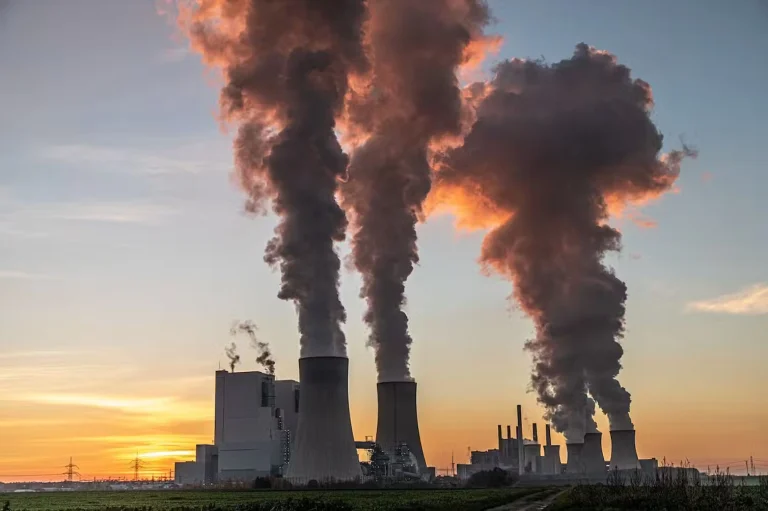Solar Energy vs. Fossil Fuels Comparison:
Costs, Environmental Impact, and Long-Term Benefits
As the global energy landscape evolves, understanding the nuances of solar energy vs. fossil fuels is crucial for homeowners, businesses, and policymakers. This analysis delves into the costs, environmental impacts, and long-term benefits of both energy sources to guide informed decisions.
1.Initial Installation and Infrastructure Costs
-
Solar Energy:
The upfront investment for solar panel installations has significantly decreased over the past decade.
In the UK, residential solar systems typically cost between £5,000–£12,000.
Government incentives, such as the Smart Export Guarantee, can further offset these expenses.
While the initial outlay is notable, the long-term savings on energy bills often result in a payback period of 5–10 years. -
Fossil Fuels:
Traditional fossil fuel systems, like gas or oil heating, generally have lower initial costs.
However, these systems depend on extensive infrastructure, including pipelines and drilling operations, which incur substantial long-term investments.
As fossil fuel reserves diminish, extraction becomes more challenging and expensive, potentially leading to increased costs for consumers.
2.Operational & Maintenance Costs
-
Solar Energy:
Once installed, solar panels require minimal maintenance, with lifespans averaging 25–30 years.
The absence of fuel costs translates to significantly reduced monthly energy expenses.
Additionally, advancements in technology have enhanced the efficiency and durability of solar systems, further lowering operational costs. -
Fossil Fuels:
Operating fossil fuel-based systems involves ongoing expenses, including fluctuating fuel prices and regular maintenance.
These costs are susceptible to global market dynamics and geopolitical events, leading to potential volatility in energy prices.
Furthermore, aging infrastructure may necessitate costly upgrades or replacements over time.
3.Environmental Impact
-
Solar Energy:
Solar power is a clean, renewable energy source that produces zero emissions during operation.
While the manufacturing process of solar panels does have an environmental footprint, studies indicate that the energy produced offsets these initial emissions within 1–3 years of use.
Moreover, solar installations contribute to reducing air pollutants, promoting better public health outcomes.Energy Tracker Asia -
Fossil Fuels:
The combustion of fossil fuels is a primary contributor to global CO₂ emissions, air pollution, and climate change.
Extraction methods, such as fracking and deep-sea drilling, can lead to ecological degradation and pose risks to local communities.
Transitioning away from fossil fuels is essential to mitigate environmental harm and achieve sustainability goals.



4. Energy Security and Stability
-
Solar Energy:
Adopting solar energy enhances energy independence by reducing reliance on imported fuels.
Homeowners and businesses can generate their own electricity, insulating themselves from market fluctuations and supply disruptions.
Additionally, integrating solar with battery storage solutions ensures a stable and reliable energy supply. -
Fossil Fuels:
Dependence on fossil fuels exposes consumers to geopolitical tensions and supply chain vulnerabilities.
Price volatility and potential shortages can impact energy security, making it imperative to diversify energy sources and invest in more sustainable alternatives.
5. Long-Term Return on Investment (ROI)
Solar Energy:
Despite higher upfront costs, solar energy offers a favourable ROI through substantial energy savings, government incentives, and potential revenue from surplus energy sold back to the grid.
Properties equipped with solar panels often experience increased market value, reflecting the growing demand for sustainable and energy-efficient homes.
Our World In DataFossil Fuels:
Investments in fossil fuel systems are subject to the unpredictability of fuel prices and potential regulatory changes aimed at curbing carbon emissions.
These factors can erode financial returns and increase the total cost of ownership over time.
Additionally, as the global community shifts towards cleaner energy, fossil fuel assets may face depreciation.
Conclusion: Which Is Better—Solar or Fossil Fuels?
While fossil fuels may offer lower initial costs, they come with significant environmental and financial risks.
Embracing solar energy aligns with global efforts to combat climate change and promotes energy independence.
As technology advances and costs continue to decline, solar power stands out as a prudent choice for a sustainable future.
